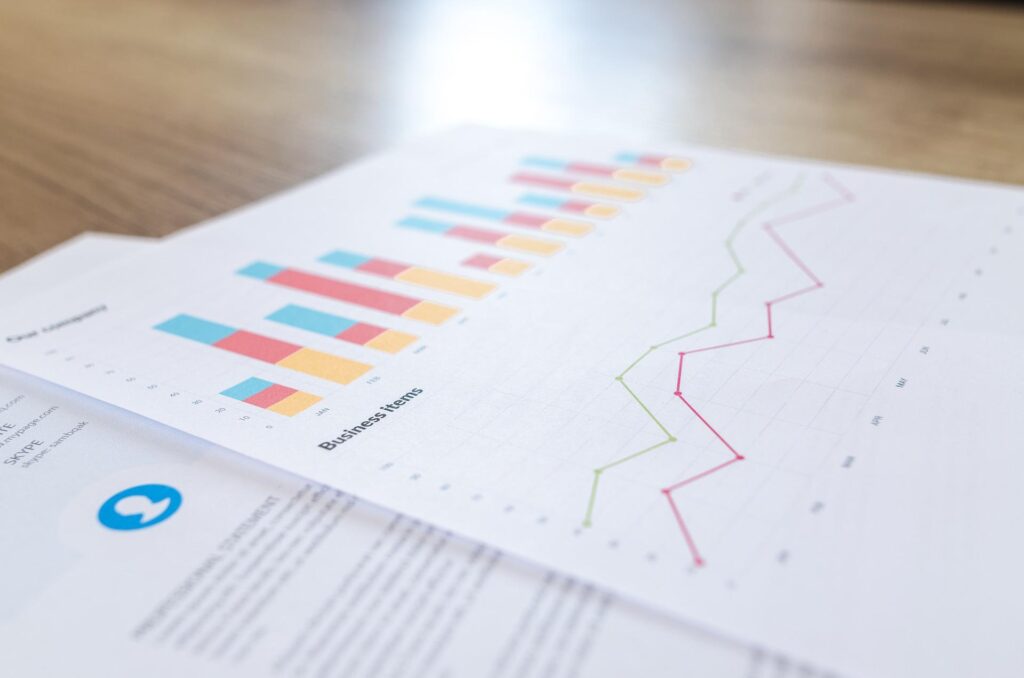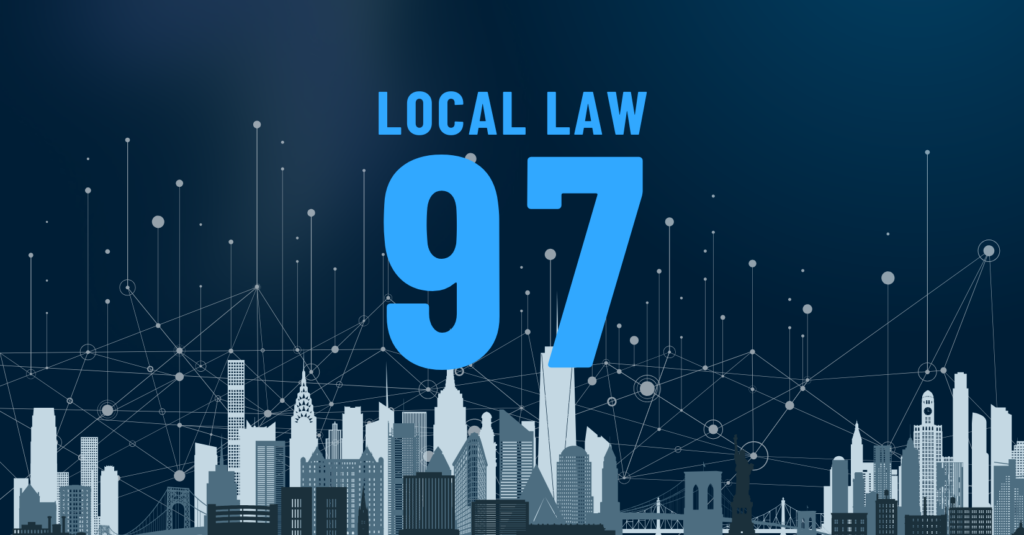The Global Reporting Initiative (GRI) is an international independent standards organization that helps businesses, governments and other organizations understand and communicate their impacts on issues such as climate change and human rights.
GRI’s sustainability reporting framework helps companies identify, gather, and report their environmental, economic, and social information in a clear and comprehensive manner. This is particularly important now that companies are facing increased pressure from governments, consumers, and investors to be more transparent about such issues.
So, how can your company or organization report to GRI? GRI has recently implemented certain updates – this article will help you navigate those updates, explain the reporting process and deadlines, and explore how energy and sustainability management software can help your business successfully report to GRI.
First Things First: The GRI Reporting Deadline
Unlike many reporting frameworks that have set deadlines, GRI is more flexible. There is no submission deadline for reports or other materials prepared in accordance with the GRI Standards. In other words, your company may submit its report at any time – the report will be queued and reviewed in the order which it was received. That said, it is important to note that the usefulness of your report is closely tied to whether it is available in time for stakeholders to integrate it into their decision-making. With that in mind, it is best to refer to the deadlines of other sustainability reporting frameworks and aim to have your report submitted within that timeframe.
The Recent GRI Updates, Explained
GRI’s Universal Standards were revised following recommendations and feedback from the GRI Technical Committee on Human Rights Disclosure, the Global Sustainability Standards Board (GSSB), various reporting organizations and other stakeholders, and information gathered from the review of sustainability reports using the GRI Standards. The purpose of the revision was to:
- Embed mandatory human rights-related disclosures for all reporting organizations
- Integrate reporting on due diligence into the GRI Standards
- Provide greater clarity on key concepts, reporting principles and disclosures in the GRI Standards, and ensure they align with recent developments around responsible business conduct
- Drive consistent application
- Encourage more relevant and comprehensive reporting, and
- Improve the overall usability of the GRI Standards
The updated system of GRI Standards consists of three series of Standards: Universal Standards, Sector Standards, and Topic Standards:
- The Universal Standards apply to all organizations. They guide reporters on how to report with the Standards, and they contain requirements and reporting principles that all organizations must comply with to report in accordance with the GRI Standards.
- The Sector Standards are intended to increase the quality, completeness, and consistency of reporting by organizations. They provide information for organizations about their likely material topics based on their sector’s most significant impacts on the economy, environment, and people, including impacts on human rights. An organization uses the Sector Standards that apply to its sectors when determining and reporting on their material topics. The Sector Standards point to the relevant disclosures in the Topic Standards for the organization to report. A Sector Standard may also list additional disclosures that are not in a Topic Standard, for example, where the disclosures from the Topic Standard do not provide sufficient information about the organization’s impacts concerning the topic.
- The Topic Standards contain disclosures for organizations to report information about its impacts relating to certain topics. An organization selects the Topic Standards according to the list of material topics it has determined using GRI 3 and applicable Sector Standards.
Note that the Topic Standards have also been updated to ensure consistency with the revised Universal Standards. The updates include:
- Updating the Introduction, Glossary, and Bibliography to align with the changes made to these sections in the Universal Standards
- Updating revised terminology – for example, ‘reporting requirements’ are now called ‘requirements’ and ‘Topic-specific disclosures’ are now ‘topic disclosures’
- Removing references to concepts that no longer exist
- Updating references to the Universal Standards (titles, disclosures, and clauses)
The new GRI updates are not effective until January 1st, 2023. Until then, organizations can continue using the previous set of GRI Standards. Click here for a detailed guide to understanding and using the new Universal Standards.
The GRI Reporting Process
The actual process of reporting to GRI involves understanding key elements of the GRI Standards and applying those principles throughout the reporting process. Click here for an introduction to the GRI standards.
The GRI website has a wealth of information on how to use the GRI Standards, as well as reporting support and tools. Click here to explore the GRI website.
How an Energy and Sustainability Management Platform Can Help Your Company Report to GRI
In order to report to GRI, your company needs to have quality, comprehensive sustainability data. An energy and sustainability management software platform can assist you by gathering your utility, energy, and sustainability data all in one place, then analyzing and auditing it for accuracy. This prevents you from having to manually collect your data in spreadsheets and then analyze and audit it yourself, all of which is time consuming and prone to error. An energy and sustainability management platform should also be able to integrate with GRI so you are able to directly transfer your data.
Armed with complete, correct data, your company is well positioned to report to share your data with GRI and any other sustainability frameworks.
About WatchWire
WatchWire is an integrated energy and sustainability management platform that can compile, audit, and analyze your data. WatchWire also integrates directly with GRI for seamless reporting. To discover more about WatchWire and its capabilities, you can visit our website, blog, or resource library, request a demo, or follow us on LinkedIn, Instagram, or Twitter to keep up-to-date on the latest energy and sustainability insights, news, and resources.
 Top Sustainability Trends to Watch in 2025
Top Sustainability Trends to Watch in 2025

 Log In
Log In








